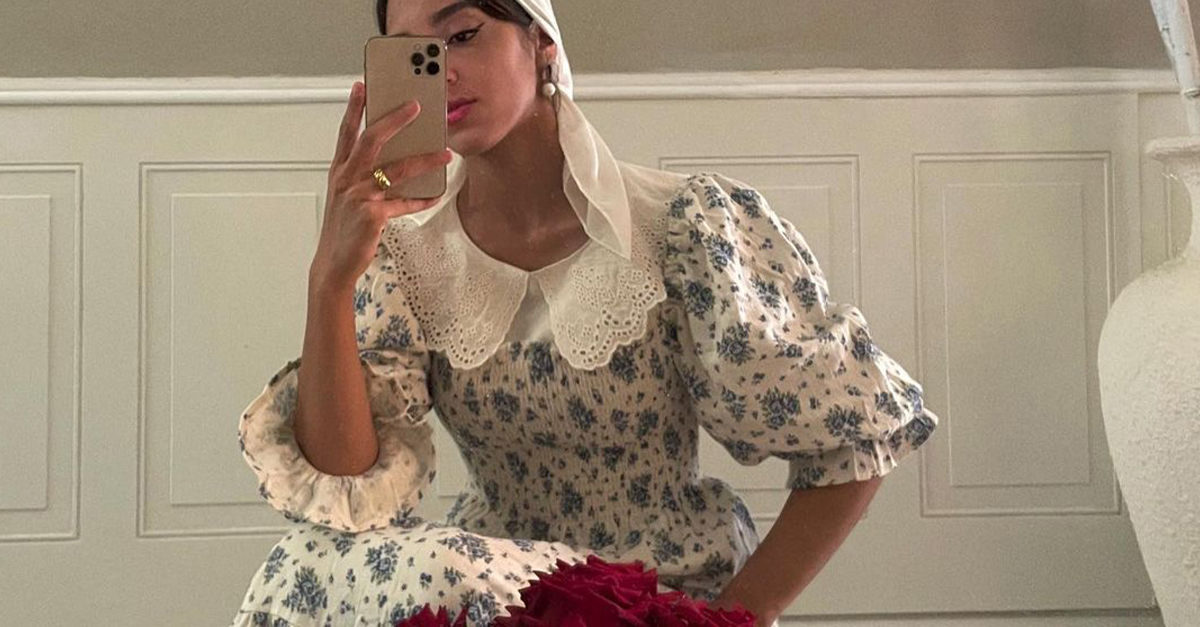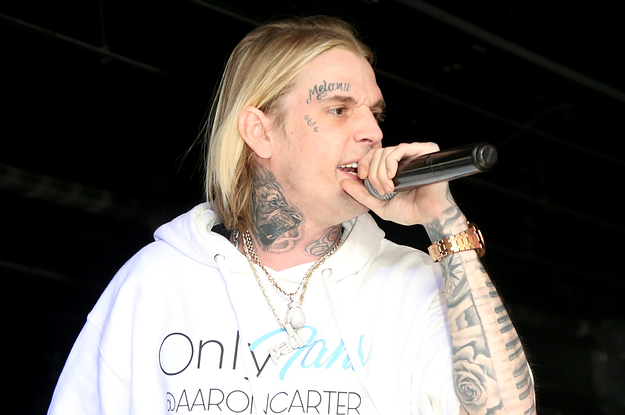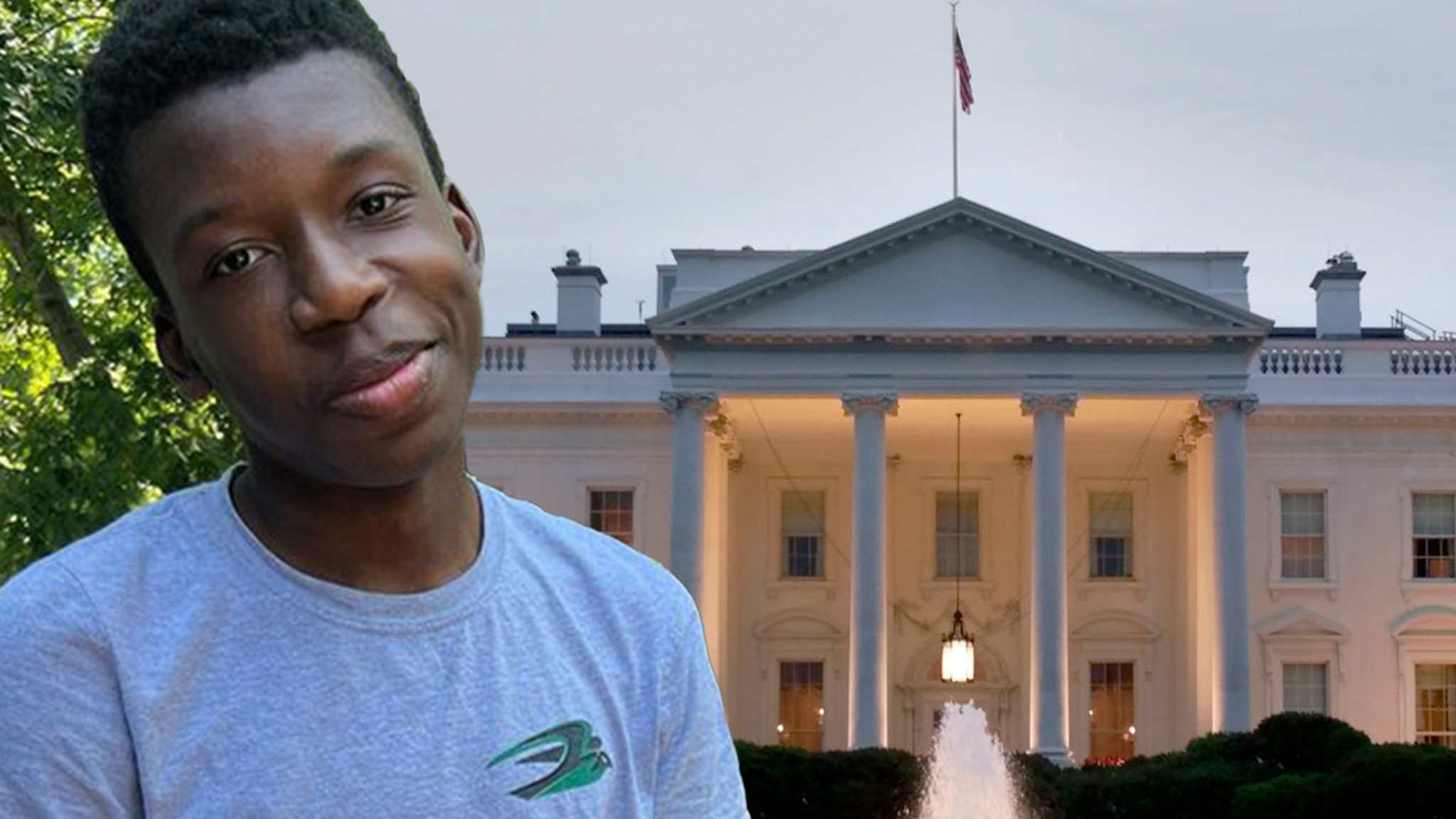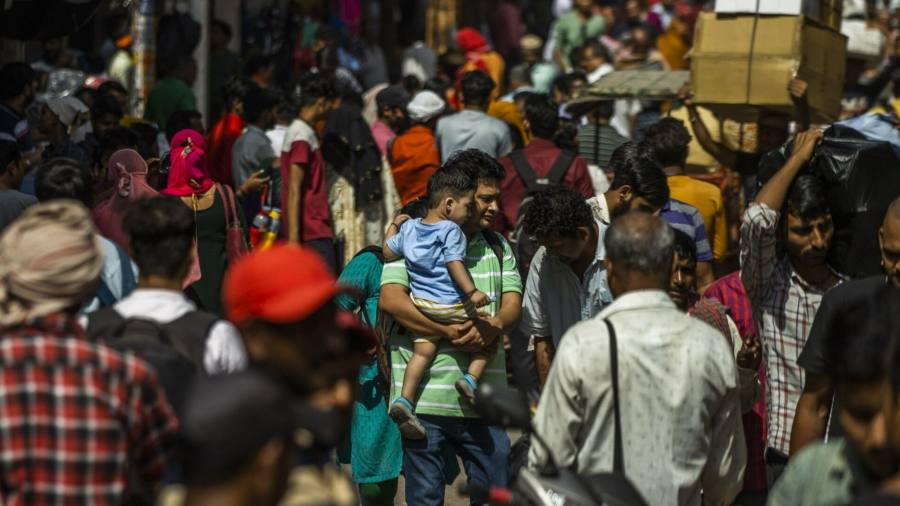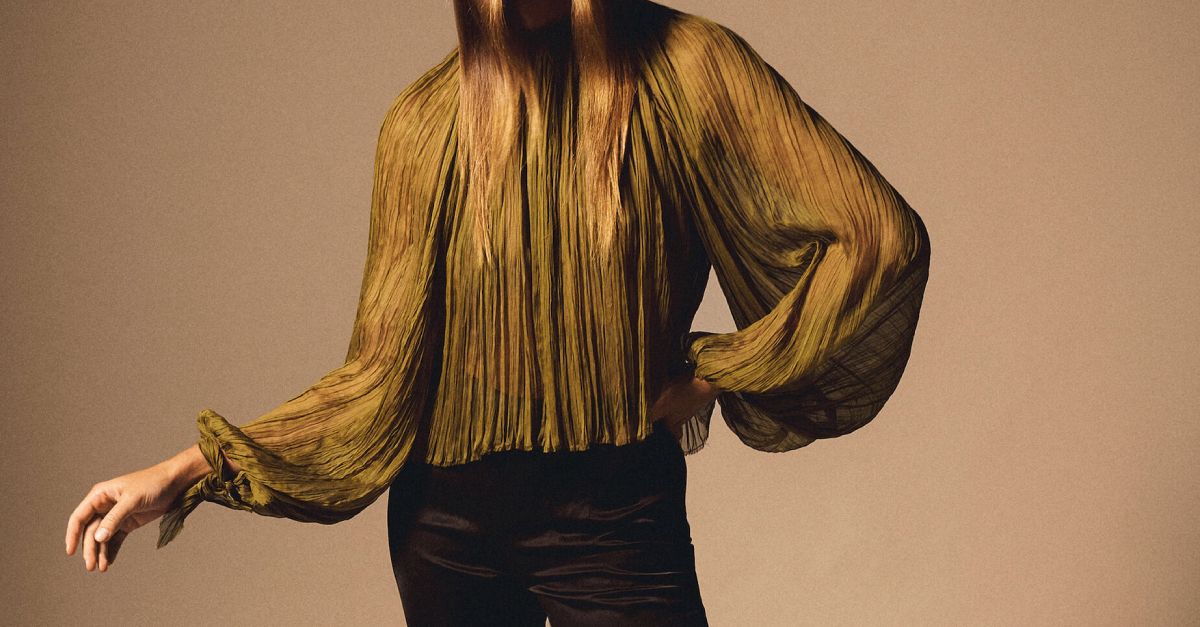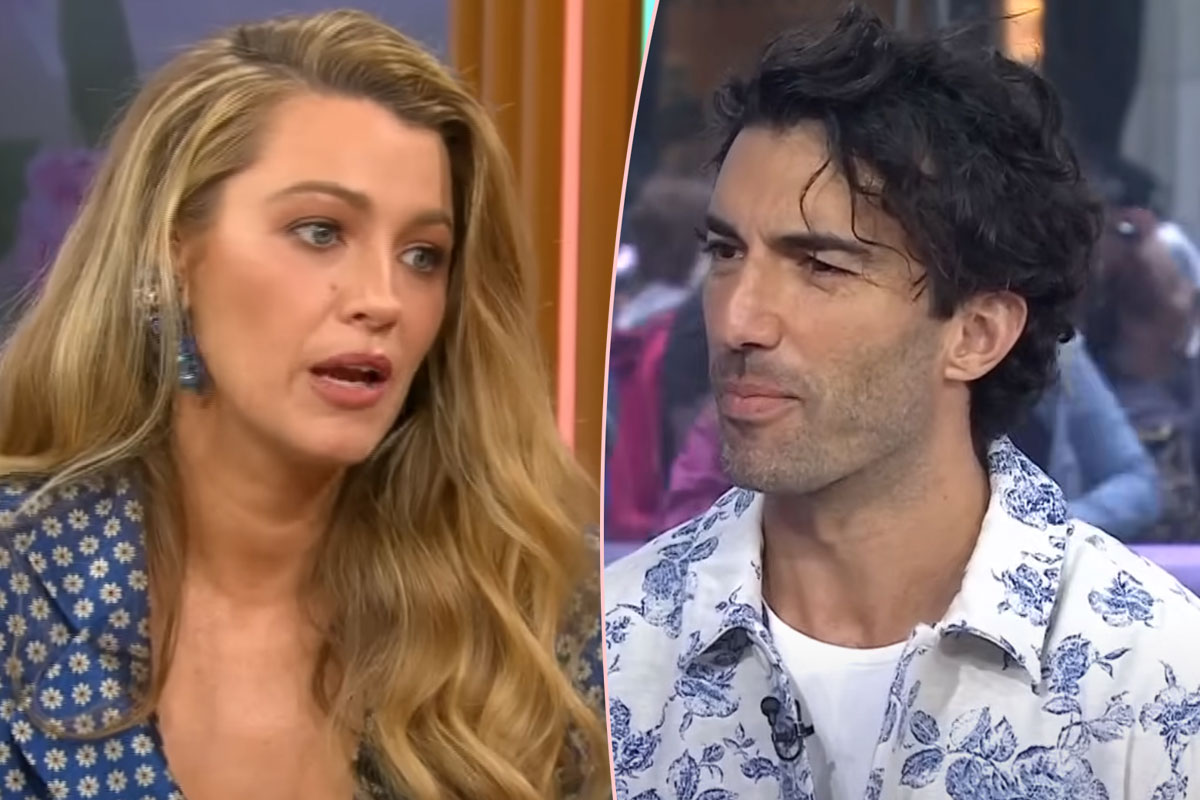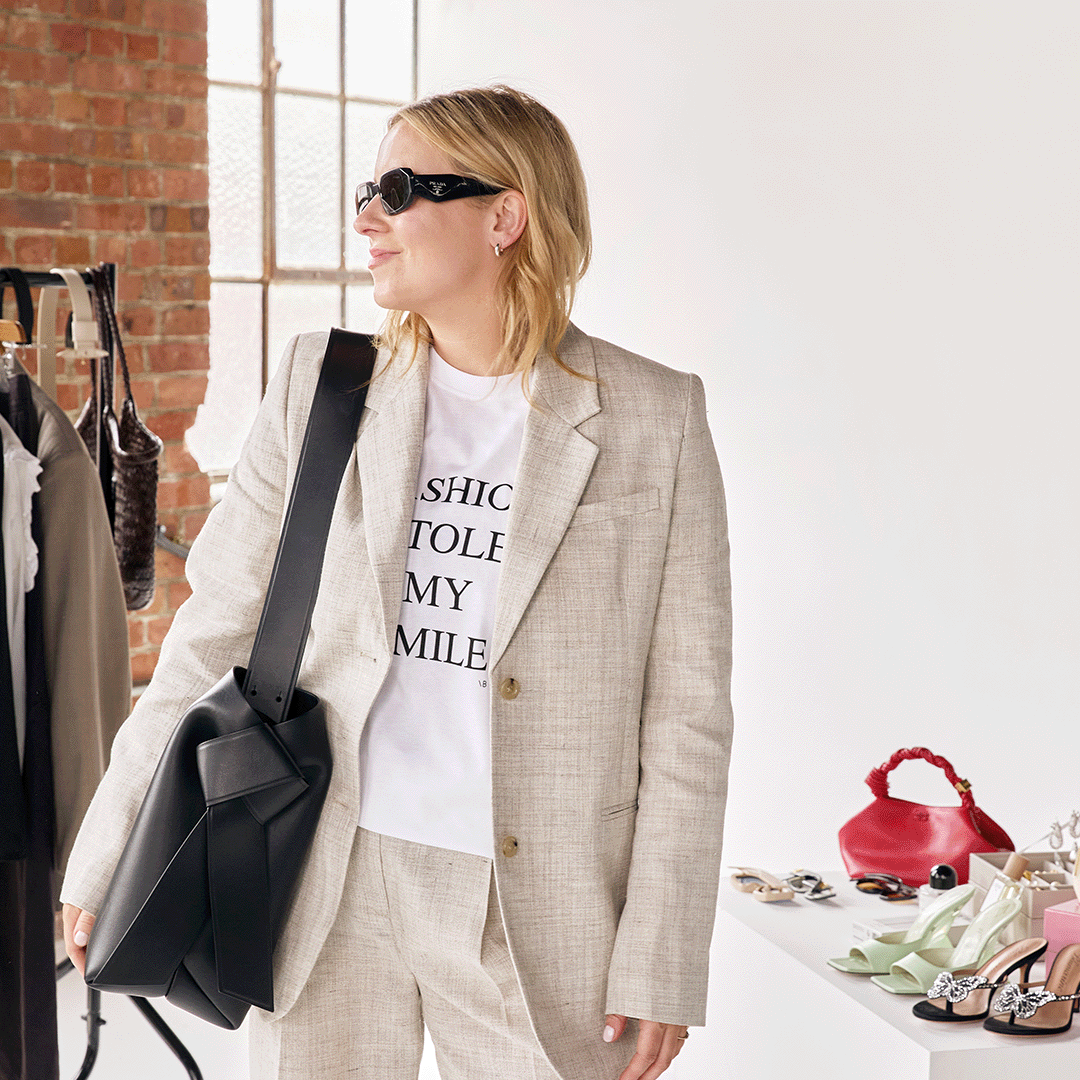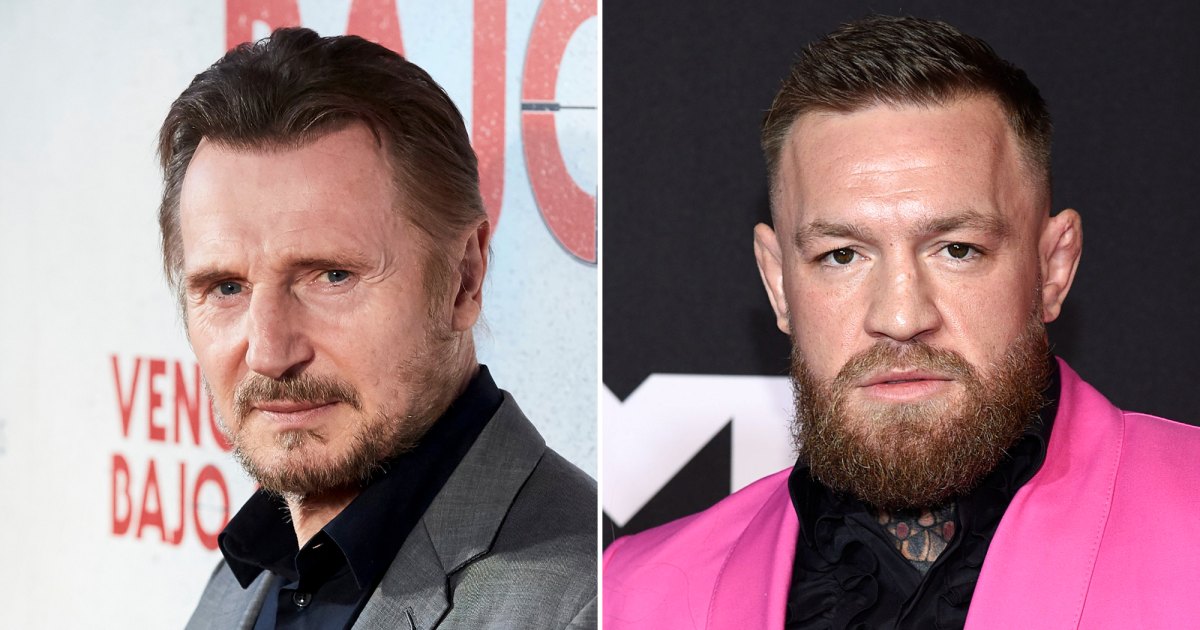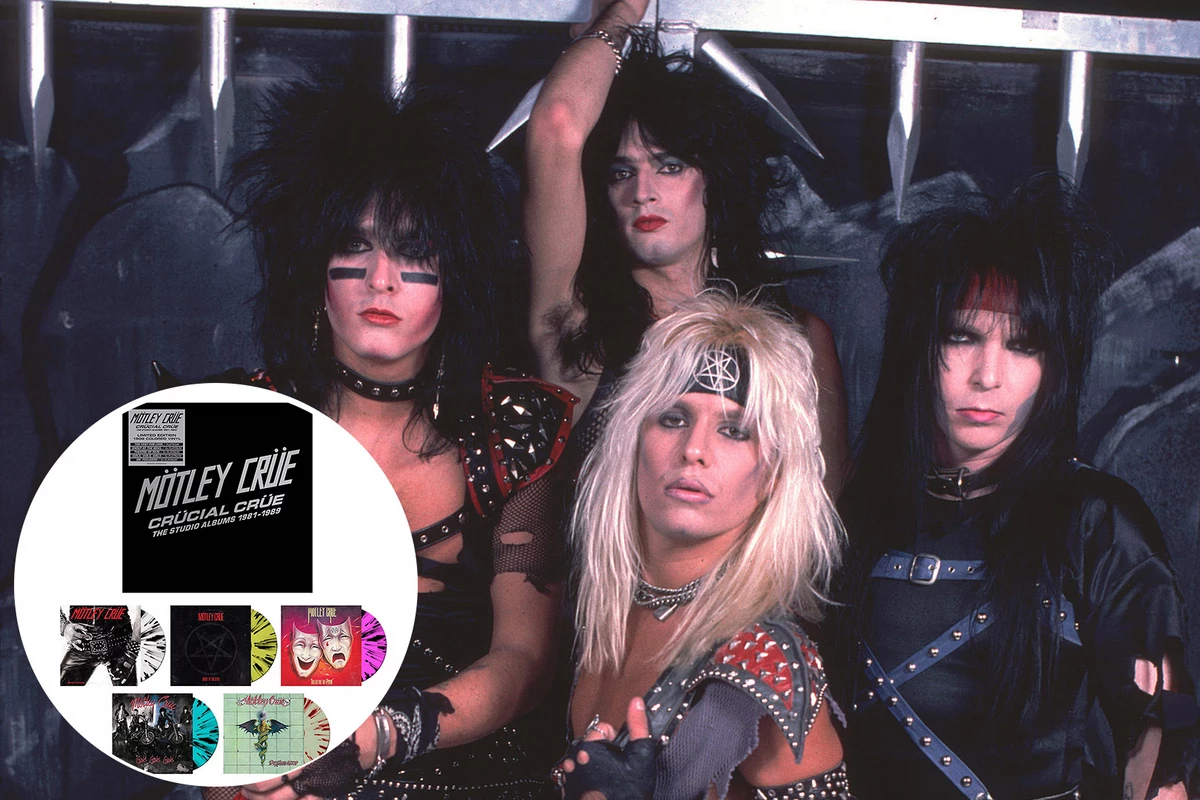It’s a hotly debated topic, and like with anything in this world, there are many sides to the story. Some onlookers feel that being self-conscious about your outer image could be non-religious in itself. But there’s another side to this retail sector being a prime target for sales and marketing. “There are some commentators who say they don’t want Ramadan to become a fashion pressure,” Lewis says. “Say if you’re going to break the fast, and every time you see a different group of friends and family, do you have to have a different outfit? Do you have to be on-trend? Are some women going to be priced out of piety because participating in consumption becomes an obligation that makes it hard to be involved in community events?”
However, outside of the obvious positives in terms of empowerment, and noting that many modest dressers are feminists, Lewis explains that other important ethical conversations are often born out of the modest-fashion movement. “I’ve been seeing for quite a long time from fashion bloggers, designers and consumers that it’s all very well to say that because of my religious convictions, [I’ll wear this] … but are you buying too much? Or that it’s not just how wear your hijab or how you’re styling your hijab, but where did that come from or who made it? What is the environmental and social impact of your clothes? Many fashion consumers, particularly younger fashion consumers, are very motivated about [this] in general.”


























































![Mason Ramsey – Twang [Official Music Video] Mason Ramsey – Twang [Official Music Video]](https://i.ytimg.com/vi/xwe8F_AhLY0/maxresdefault.jpg)





